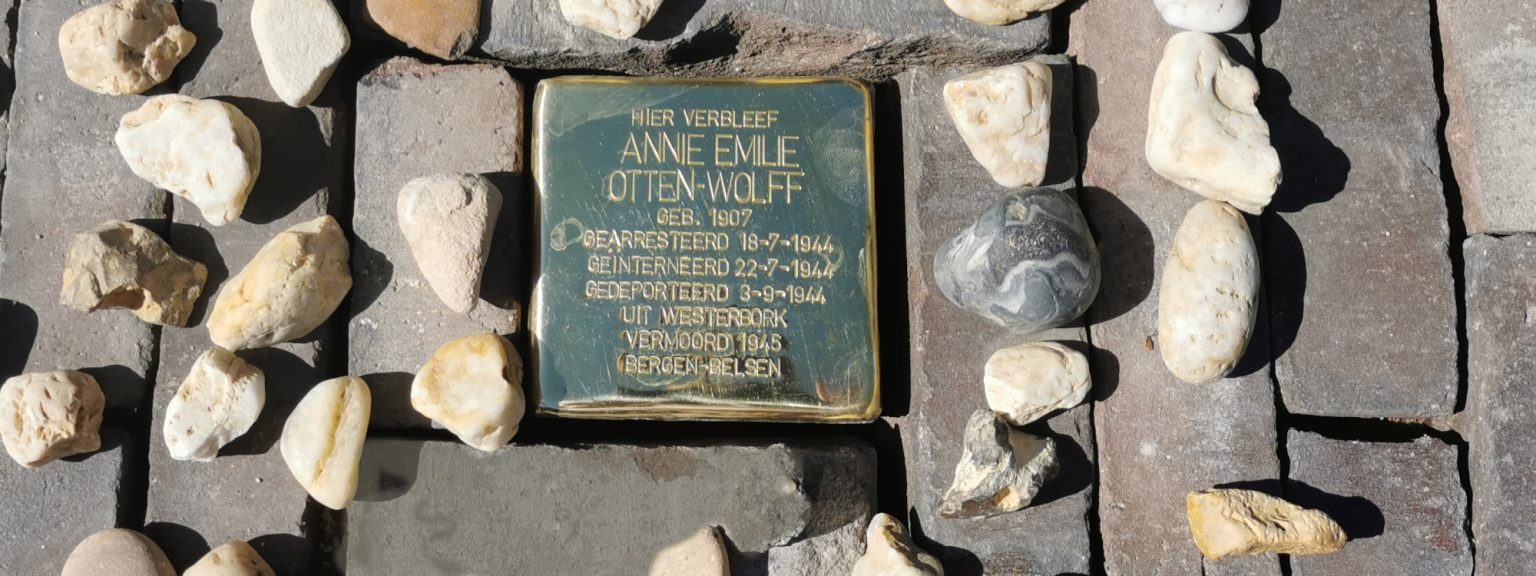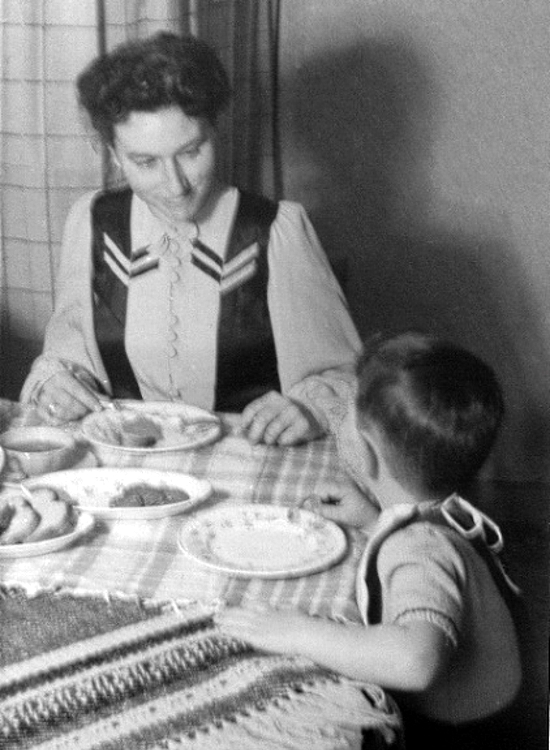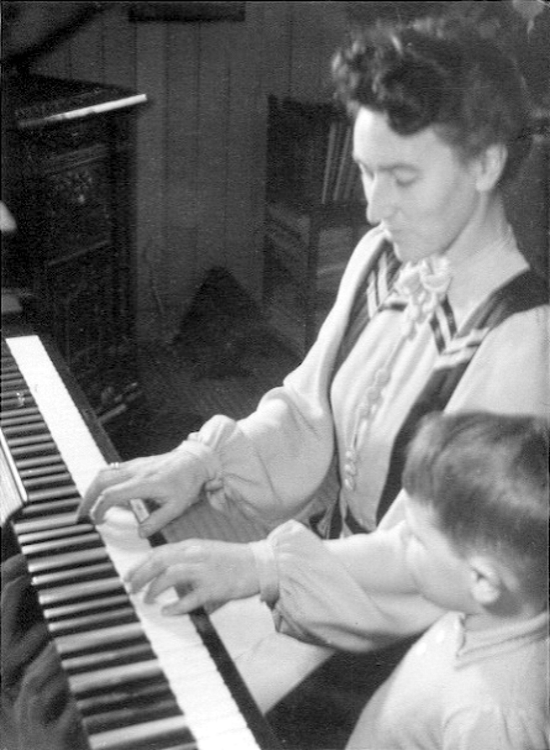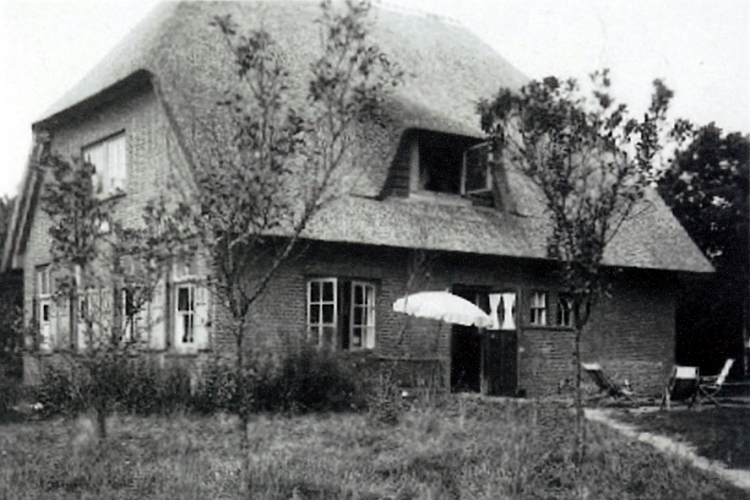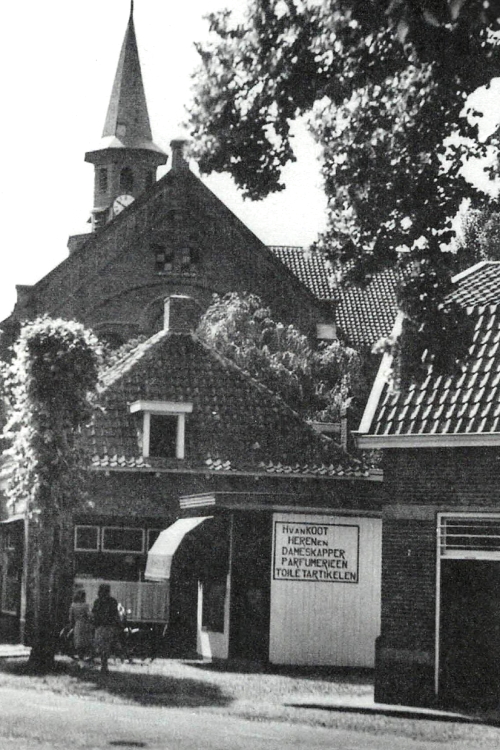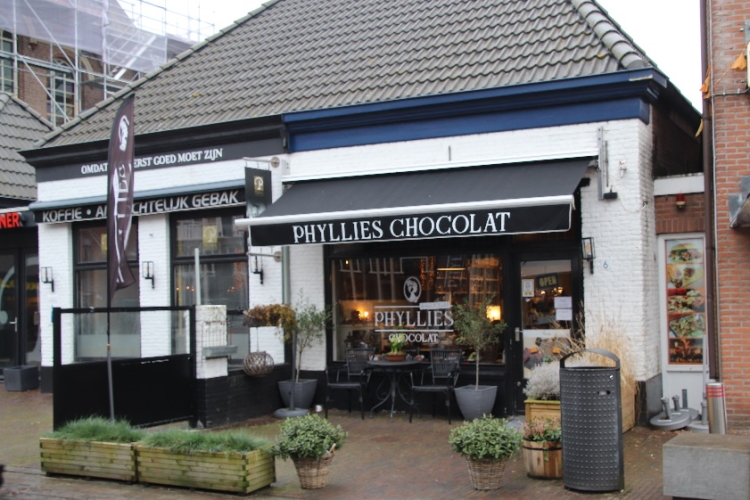Annie Emilie Otten-Wolff
At Dorpsstraat 6 in Nunspeet, a Stolperstein or stumbling stone was laid on 18 July 2022 for Annie Emilie Otten-Wolff (37 years old), who was arrested by the police on 18 July 1944 in the then Van Koot hairdressing salon. On 22 July 1944, she was taken to Westerbork, from where she was deported to Auschwitz on the last train on 3 September 1944. The official date of death is 21 January 1945 in Auschwitz. However, post-war witness statements show that she was transported to Bergen-Belsen and died there in February 1945.
Annie Otten-Wolff was a widow and had a five-year-old son Daniël.
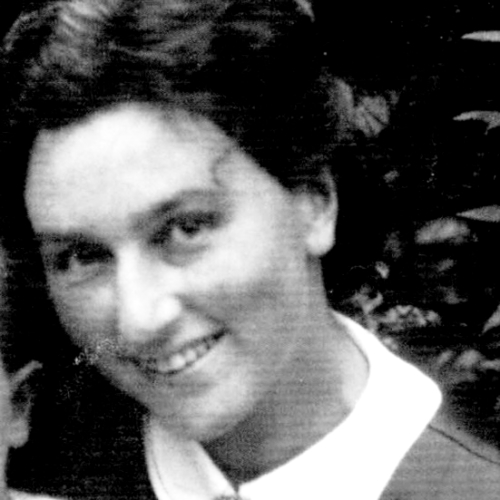
Parents fled WWI
Annie Emilie Wolff was born on 8 May 1907 in Antwerp as the daughter of Paul Wolff and Odile Wolff-Simon. They were German Jews. Paul Wolff (born in Kassel on 17 March 1873) had moved to Belgium in 1890 and married Odile Simon (born in Trier on 22 February 1877) in 1906. Annie had a younger brother, Marcel Harry Wolff, born in 1911. When the First World War broke out in 1914, the Wolff family had to flee. They came to the Netherlands and settled in Bussum.
Annie attended the Goois Lyceum there and then went on to study French language and literature.
She knew Daniël Johannes Otten, who, born in Amsterdam in 1908, also lived in Bussum with his parents from 1913 to 1920 and then in Zandvoort. He studied medicine.
Husband died young
The Wolff family moved to Rotterdam in 1931. There, Daniël and Annie got married on 14 December 1937 and settled in Dalfsen, where Daniël had taken over a general practice on 1 January 1938. On 6 April 1938, doctor Otten had to drive to Zwolle. At the unguarded level crossing near Berkum, the car was hit by a train. The 29-year-old doctor died on the spot. He was buried at Crooswijk in Rotterdam.
Annie went to live with her parents in Rotterdam. She was pregnant. Daniël René Otten was born on 20 November 1938. He never knew his father. In the photos below you see Annie Otten-Wolff with son Daniël (photos of the Otten family)
Annie became a teacher of French language and literature until she could no longer do her job during the war due to the measures against Jews. Her father Paul Wolff was arrested in his home in Rotterdam on 14 October 1942. Little Daniël experienced it. His story can be heard in a beautiful impressive monument on the Dorpsstraat, which can be found between the lime trees in front of the village church. Be sure to take a look!
His grandfather was registered in camp Westerbork on 22 October 1942, transported to Auschwitz on 23 October and gassed on 26 October. Annie’s mother Odile Wolff-Simon died on 23 December 1942 in Rotterdam.
Too stuffy in Rotterdam...
Annie and her son then stayed at various addresses in Rotterdam. Annie was Jewish, but her husband was not. There were separate rules for mixed marriages. But it became too claustrophobic for Annie in Rotterdam.
Contacts with old friends resulted in her going to Hulshorst with Daniël. Henk and Ans Gerretsen-Droogleever Fortuyn took them in at their house on the Brandsweg (now Onder de Bos), which happened on 11 June 1944. They were a family with five children.
Annie had a wonderful time there. But on 18 July 1944, the NSB sergeant Jansen came to Hulshorst (tipped off?) to check the identity cards. After some investigation, it was clear to him that Annie was Jewish. He came back. Annie was not there, she was at the hairdresser Van Koot in the Dorpsstraat in Nunspeet. There she was arrested by sergeant Jansen, Daniël was picked up in Hulshorst by Jansen and the Nunspeet military police commander Karst Doeven with a motorcycle and sidecar. They were transferred to Arnhem (Velp).
With Anne Frank on the last train to Auschwitz
Annie was taken to Westerbork on 22 July 1944. Daniël was put on the train to Rotterdam. As a child from a mixed marriage, he was not wanted. In the month of August, no trains ran from Westerbork to the east. Until it turned out that there would be another train to Auschwitz on 3 September. 1019 people had to travel there in dirty cattle wagons. Annie Otten-Wolff was one of them, as were Anne Frank and her family and the ‘Jewish ladies’ who had been arrested at Bosweg 36 in Nunspeet (see Stolpersteine Bosweg 36). The date of death was recorded as 21 January 1945 in Auschwitz. However, witness statements show that Annie was transferred to Bergen-Belsen at the end of October 1944, where she was killed in February 1945.
Son Daniël stayed with a foster family in Eindhoven for twelve years. He became a well-known violinist and wrote a book in 2012 about the life of his father and mother: ‘Annie, a Jewish widow and her son in the grip of occupation and persecution’. Published by Walburg Pers, Zutphen.

